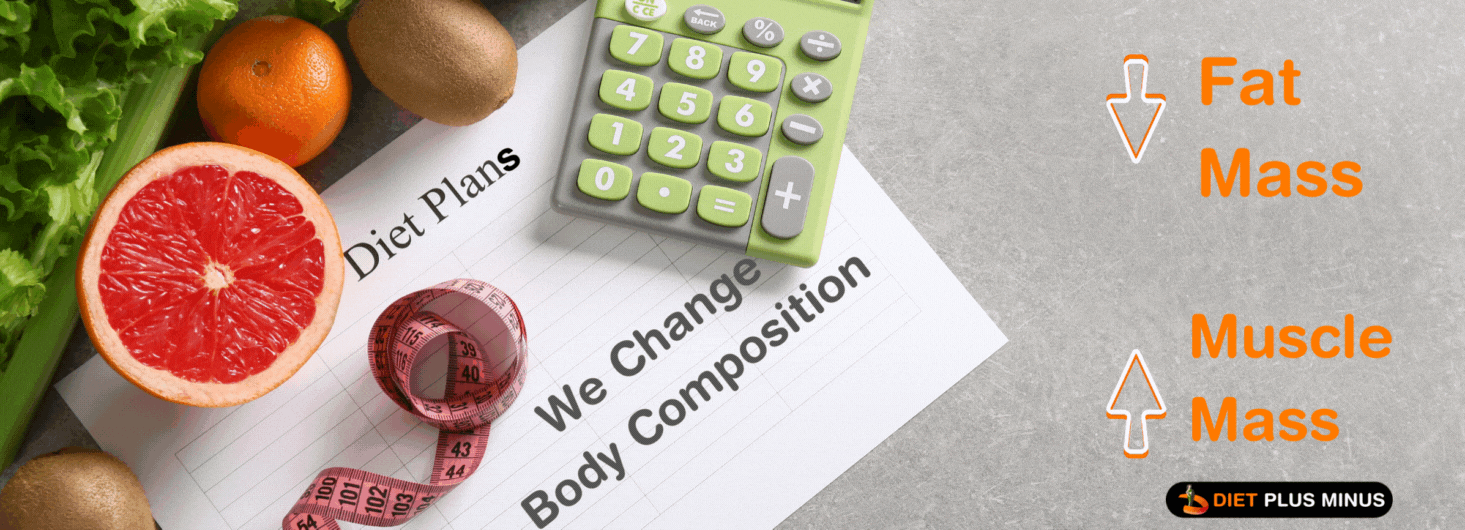
Every plan focuses on practical, sustainable change. You receive a personalized diet and activity guide, habit coaching, and timely reviews—so you always know what to do next. Choose a structure that matches your current needs and the amount of accountability you prefer.
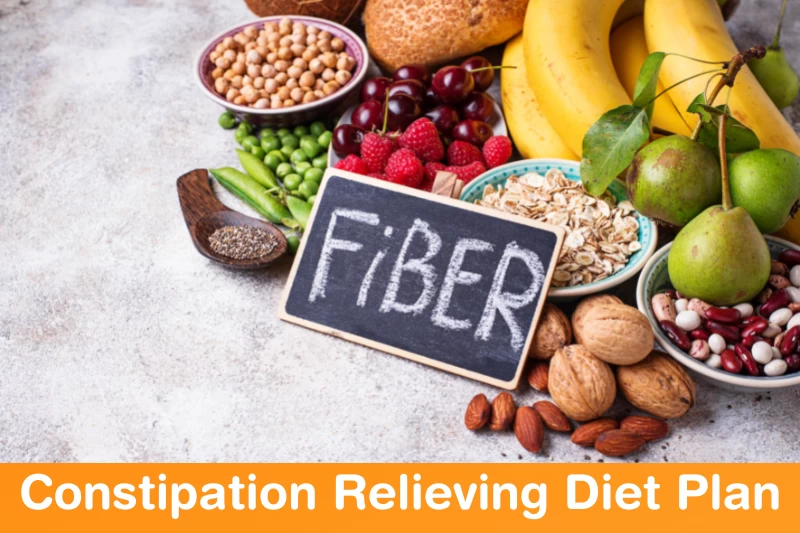
| Duration | Price | |
| 4 WEEKS DIAMOND PLANS | Rs 7000 | Express Checkout |
| 14 WEEKS DIAMOND PLANS | Rs 20000 | Express Checkout |
| Duration | Price | |
| Express checkout |
Constipation is when you have
so, what is a normal bowel movement?
Normal bowel movements are soft and pass easily through your body.
With the evolution of food processing techniques, people prefer to eat a more refined thing and fiber content remains outside their plate. Due to drastic change in food habit of individual cases of constipation is increasing among Indians. It is common among all ages and populations in the United States. About 16 out of 100 adults have symptoms of constipation. About 33 out of 100 adults ages 60 and older have symptoms of constipation.
No, bowel patterns can vary from person to person. Everyone doesn't need to have a bowel movement every day. Some people might go three times per day. Others might have 3 to 5 bowel movements per week. So we can say everyone has their pattern and only you know what’s normal for you.
Certain conditions and habits increase the risk of constipation, including
Constipation can occur with:
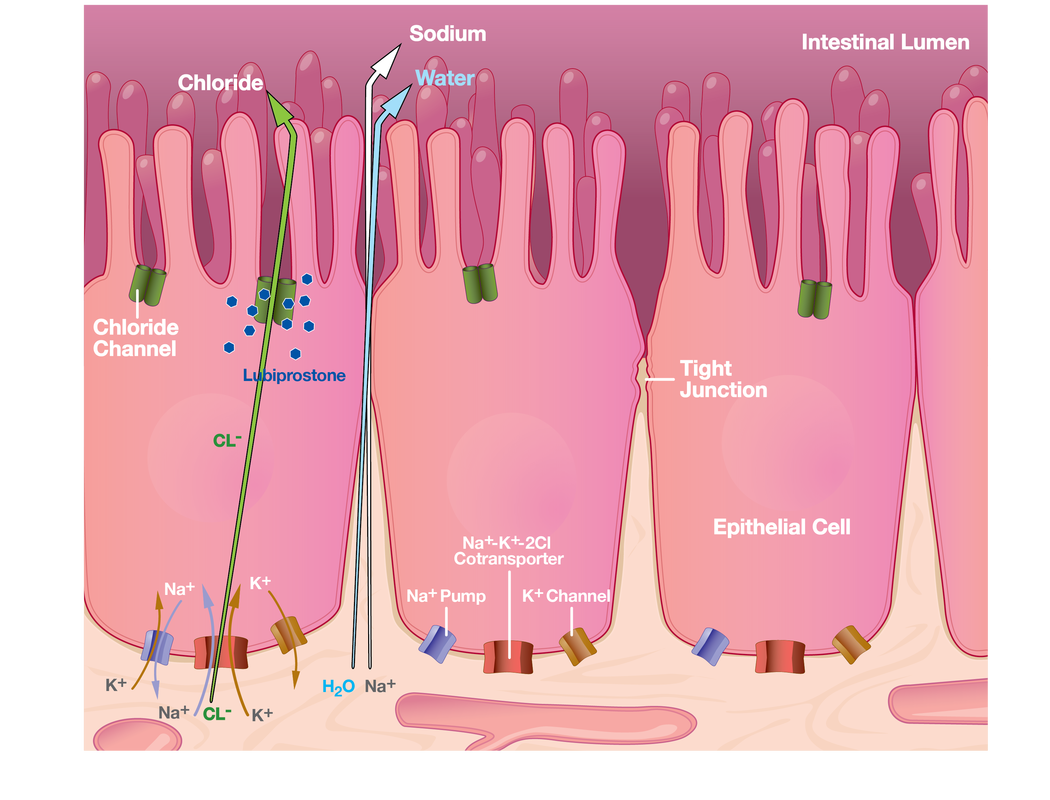
Consult a doctor if have any of the following:

However, the type of test depends exclusively upon your current health conditions, certain common tests are
Laboratory tests:
Some lab tests are recommended by doctors to look for the signs of certain diseases that may be the culprit for your current situations
Blood tests can show the signs of celiac disease, hypothyroidism, and anemia.
Stool tests to check for the presence of blood and signs of inflammation and infections
Urine tests to find out diseases like diabetes.
Endoscopy:
Depending upon your current health situation, your doctor may recommend endoscopy to check for any problem in your lower digestive tract including, the anus, rectum, and colon.
Main endoscopies for constipation include
During these tests, a small piece of tissue may be taken as a sample for biopsy. A biopsy is a test in which your tissues are examined under a microscope to look for the signs of cancer or some other problems.
Colorectal transit studies:
Your bowel function tests can be performed to see how well your stool moves through the colon. Test performed for colorectal transit studies are:
In the radiopaque marker test, you have to swallow capsules with the markers, which take 3-7 days to come out with a bowel movement. X-ray is done to track the markers while they pass through your digestive system.
In scintigraphy, you have to eat a meal containing a small dose of a radioactive substance. Your doctor tracks the substance using special cameras, connected with a computer to check the movement of that substance through your intestines.
Some more tests may be recommended for you to look for the signs of diseases that can cause constipation
Possible complications from constipation include:
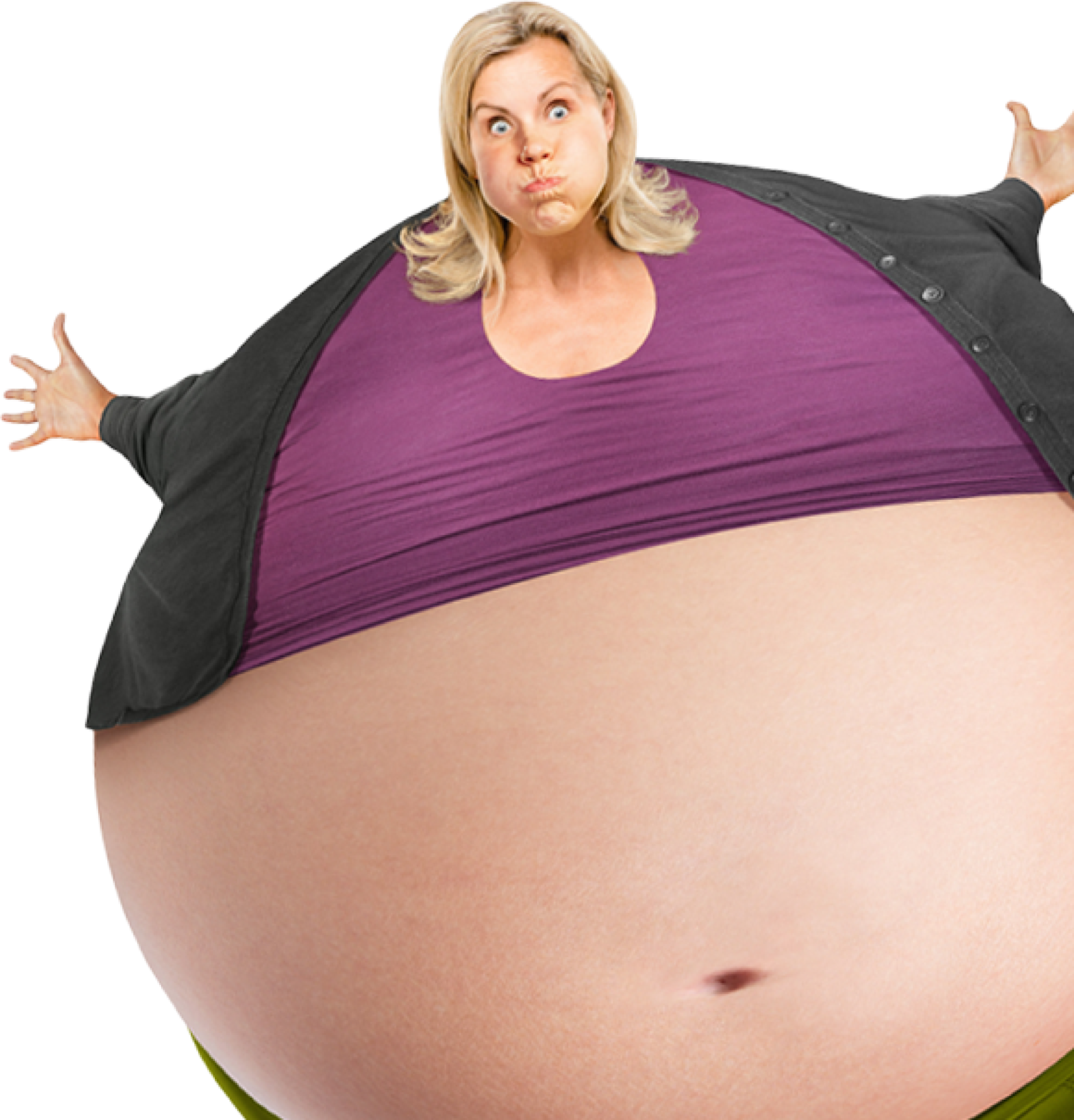
Fiber and fluids work together and keep bowel movements regular. Fibre-rich foods hold water or liquid in the stools to keep them soft. Aim to drink 2.5 to 3.5 liters of fluid every day. We observe water is the best choice of fluids.
Add fiber to the diet gradually over a few weeks. A sudden increase in fiber content can cause cramps and gas. When the consumption of fiber is more, remember to drink more fluids or water.
Consumption of food high in fiber is good for overall health. Increasing fiber intake and fluid help in alleviating the symptoms of constipation and abdominal bloating.
There are two types of fiber present in the diet:
Soluble fiber is completely digested by the body and helps in reducing cholesterol, reducing insulin resistance and making available insulin to work, stabilizing blood sugar, and detoxifying the liver and overall gastrointestinal tract. Soluble fiber act as a bulking agent and slows down the movement of waste through the gastrointestinal tract.
Foods that contain soluble fiber
oats
beans
legumes
sweet potatoes
onions, and
fruits such as apples, bananas, and pears
Insoluble fiber is not digested or absorbed by the body and is excreted as a waste product. This fiber is required to keep the bowel regular and discourages the development of complications like hemorrhoids.
Foods that contain insoluble fiber
wheat bran
nuts
seeds
skins on vegetables and fruits
Both soluble and insoluble fiber is important for overall nutrition good health. When you are experiencing constipation, adding insoluble fiber to the diet is beneficial to promote stool regularity. It is important to add and increase fiber slowly over a few weeks. Adding too much fiber too quickly can make constipation worse.
Drink plenty of liquids - Fluid helps your body to process the ingested fiber without discomfort. A good starting goal is 2.5-3 liter or five to six 500ml glasses of fluid per day.
Gradually increase your fiber intake - NIN and USDA guidelines stressed on the daily goal should be between 25-35 grams daily.
Eat 3-5 servings of fruits and vegetables daily - Restrict your meal from 4-5 servings to 3 servings of fruits and vegetables daily
Choose foods that promote regularity - Fiber is mostly found in plant-based foods, such as vegetables and fruits including dried fruit, beans, legumes, whole grain cereals, and oats, oat bran, barley and quinoa, dried beans, split peas, and lentils, nuts and seeds
Try plum or prune juice - Start with fewer amounts (½ cup). Eating dried prunes is also a good option to relieve constipation.
Try to include exercise or physical activity in your daily routine. Physical activity and exercise based on age is natural way to improve the symptoms of constipation. For any exercise or physical activity, you must discuss it with your doctor first.
Talk to your healthcare team about medication or supplements to help with constipation. Over-the-counter medications are widely available in India as well as in many parts of the world. Some are good and some may increase your problem. We recommend you should always check with your doctor first before taking any OTC medications.
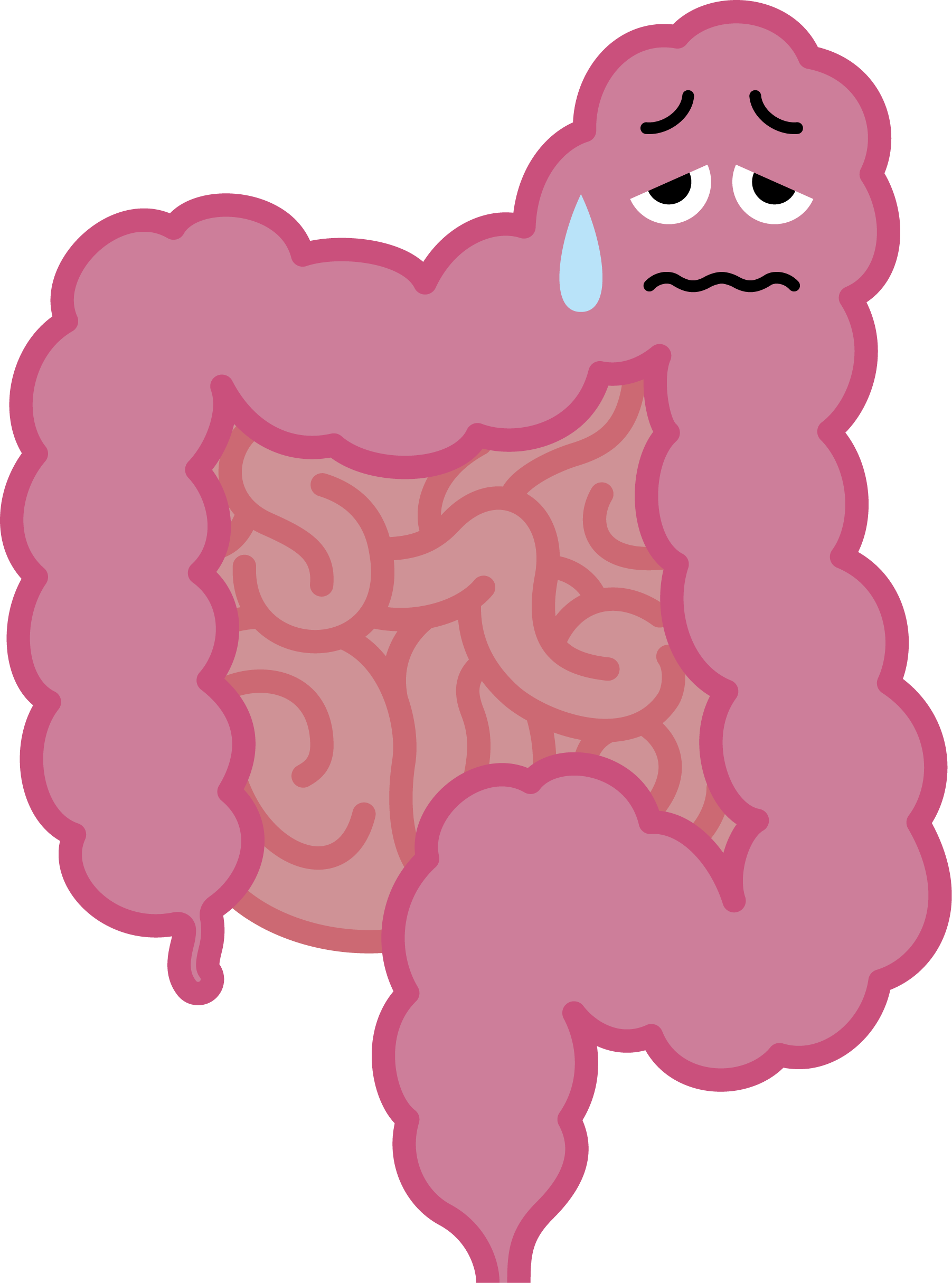
Whole fruit is always a better option than juice. If you are diabetic then you may opt for low glycemic index fruits. If excessive gas or bloating is bothering you then you must include low FODMAP fruits in your diet. Here is a complete list of low and high FODMAP food.
It is important to eat the skins and edible seeds for extra fiber and try to include organic fruits so that skin is free from any pesticides. Pesticides are well known for gastrointestinal tract abnormalities.
Try to have a low glycaemic fruit or and vegetable with each meal.
Eat recipes that are made with 100% whole grain.
Have brown rice in place of white rice or starchy potatoes.
Try to avoid refined products.
Eat more beans, lentils, and peas. Add them to soups.
Beans are also a good source of protein, so you can add to increase the protein content of the food. Beans can be gas forming as it is high in FODMAP, so add them gradually. If bloating or discomfort is more, you can limit them in the diet.
Q. Cooking process can reduce the amount of fiber?
A. No, Cooking process like cutting, steaming, blending, or pureeing food does not decrease the amount of fiber.
You can also add fiber to your diet by adding 1 to 2 tablespoons of chia seeds, ground flax seeds, or bran (wheat, rice, or oat). For packaged food, read the Nutrition Facts label to find out the percentage of fiber. Look for foods with a percent daily value (%DV) of 15% or more for fiber. This means the food has ‘a a lot’ of fiber.
Q. How much fiber in a food is called “high fiber food?”
A. Foods that have at least 4g of fiber per serving are considered high fiber.
Q. How much fiber is required for a patient at risk of bowel obstruction?
A. If you are at risk for a bowel obstruction, do not consume high fiber without consulting a medical practitioner. A doctor will make you understand how much fiber in a diet is right for you.
Q. I am on the medication which you have described to cause constipation. So changes in diet can improve my constipation or not?
A. Diet medications are less likely to improve your constipation if a medication or a medical condition caused it.
Note: Plans provide lifestyle guidance. Medication changes are overseen by your treating physician. Pricing/inclusions may vary by promotions.
Before joining we need some blood and urine reports. So, if you are planning to join please do these tests and then consult with Dr. Pankaj Kumar. A detailed discussion will uncover many folds of your health problems which you should know for better management.
Read More
It is advisable to keep your reports handy if you are coming to the clinic or send your reports on our WhatsApp number (+91) 9582292288 if you want to consult online. You can share reports on our email also dietplusminus@gmail.com
Read MoreFor one monthly plan, we do not offer any refund. Customization is a time taking process and after delivering a diet refund is not possible rather we can further customize it as per your choice and body’s requirements. So before joining, make sure you will continue for the chosen duration. Read our refund policy here.
Read MoreIf you are desperate to get results in just a few days then you are not in the right place. We advise people to watch this video to understand “why weight loss or any lifestyle modification results take time?”
Always remember, if you are getting results in just a few days then the probability of muscle loss is more. An ill person does not give any result. “Swasth sharir me swasth man ka niwas hota hai.” Most overweight or obese patients do have insulin resistance. Without healing insulin resistance you may not see any result. If your insulin is settling down, if insulin sensitivity is becoming better, you will certainly see positive results. Weight loss is very difficult in certain diseases as these patients do not respond to diet and exercise programs. In these cases, pharmacotherapy may be required or in extreme cases, bariatric surgery is the only option. Weight loss is a very complicated process and it requires a lot of motivation as well as the right guidance.
These are the diseases/conditions where weight loss is very challenging.
We do not give any guarantee as the results vary from patient to patient. We help to heal your body from the inside and you will definitely feel better. Results are not only observing weight change on the weighing scale rather you should focus on body composition change. It is usually observed by decreasing fat percentage and increasing muscle percentage. We always stressed to read our terms and condition carefully before joining. We do not initiate any refund if you do not get the results as we already informed you results vary from person to person. Read our refund policy here.
Read MoreNothing, you need not to pay only consultation charge which you have to pay before the consultation. Please book an appointment from here.
Read More
His lifestyle modification program is definitely superior and there are multiple reasons for joining his program; we are mentioning a few of them.